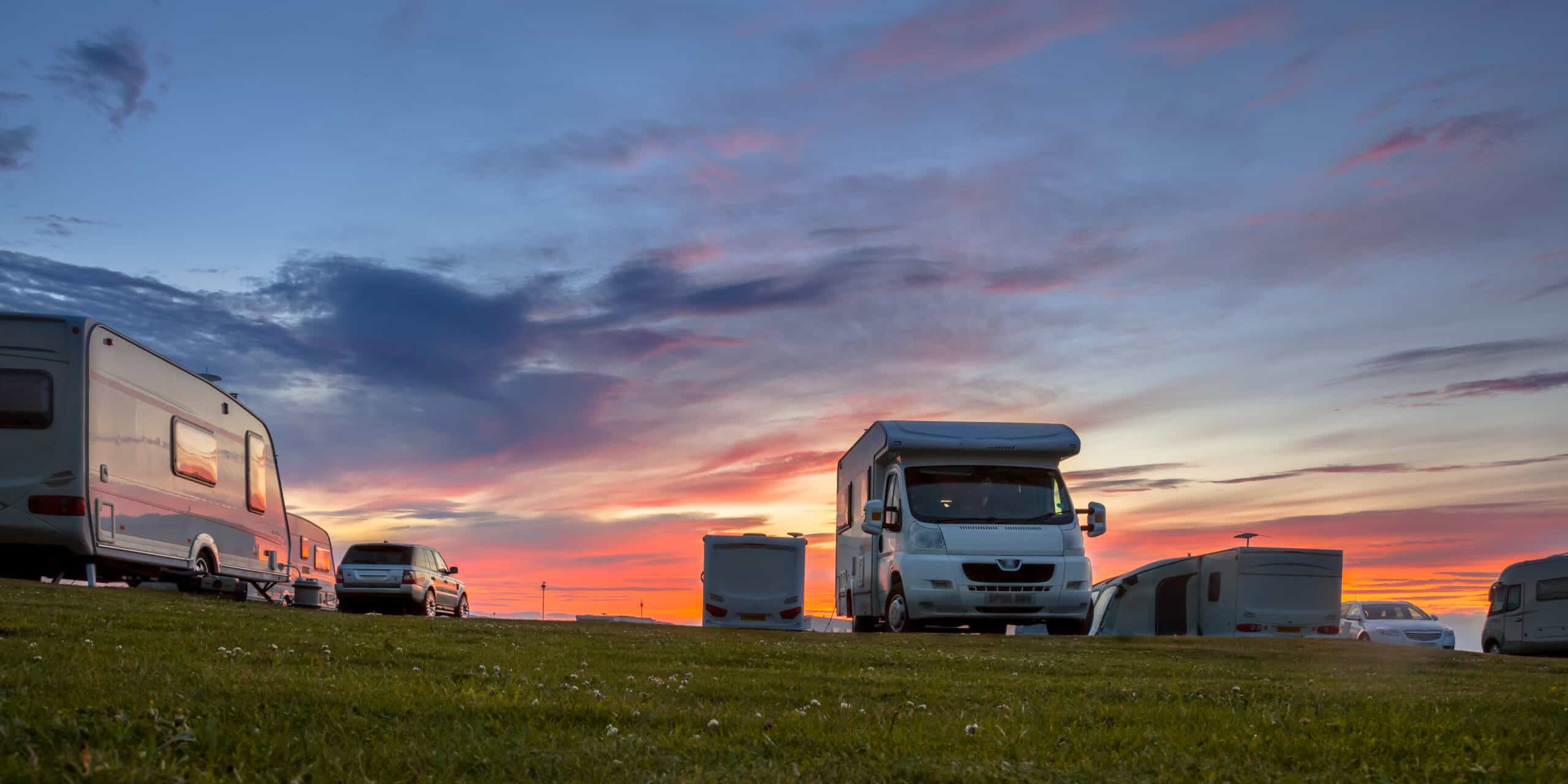The California Air Resources Board (CARB) recently announced a significant step towards a greener future with proposed modifications to the Advanced Clean Fleet rule.
These changes aim to require certain vehicle fleets to adopt an increasing number of zero-emission vehicles (ZEVs) starting in 2024, with an ambitious target of phasing out new medium- and heavy-duty internal combustion engine vehicles by the 2036 model year.
This groundbreaking decision has the potential to revolutionize not only the automotive industry but also to influence the recreational vehicle (RV) sector, as it adapts to the growing demand for environmentally-friendly options.
The proposed timeline sends a strong signal to the market and emphasizes California’s commitment to achieving its clean energy goals.
The CARB stated that moving up the 100% ZEV sales requirement deadline to 2036, as opposed to 2040, would result in increased availability of battery-electric and hydrogen fuel cell vehicles in various configurations.
Additionally, it would likely encourage manufacturers to collaborate with infrastructure providers to design vehicles that cater to all duty cycles.
The proposed modifications to the Advanced Clean Fleet rule have been met with mixed reactions.
Advocates argue that the sufficient lead time provided before the requirement takes effect will enable manufacturers to plan their transition to electric drivetrains effectively.
Meanwhile, critics contend that the accelerated deadline places undue pressure on manufacturers to develop new technologies and offer them at competitive prices, as opposed to sharing the responsibility with fleet owners.
With the deadline for public comments on the proposed modifications set for April 7 Californians and businesses in the automotive and RV industries have the opportunity to express their views on the issue.
The CARB will take these comments into account when considering the adoption of the proposed modifications during the hearing scheduled for April 27.
The implications for the RV industry are particularly noteworthy, as the transition to zero-emission vehicles may require significant adjustments to current designs, production processes, and infrastructure support.
Manufacturers and RV enthusiasts alike will need to adapt to the evolving market demands as clean energy vehicles become increasingly prevalent.
The proposed modifications to the Advanced Clean Fleet rule represent a bold move by the California Air Resources Board, with far-reaching implications for the automotive and RV industries.
As the state pushes for a more sustainable future, all eyes will be on California to see whether the clean energy goals will be achieved, and if other states and countries will follow suit in the pursuit of a greener tomorrow.


